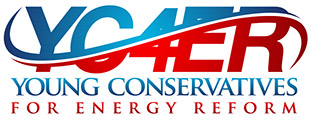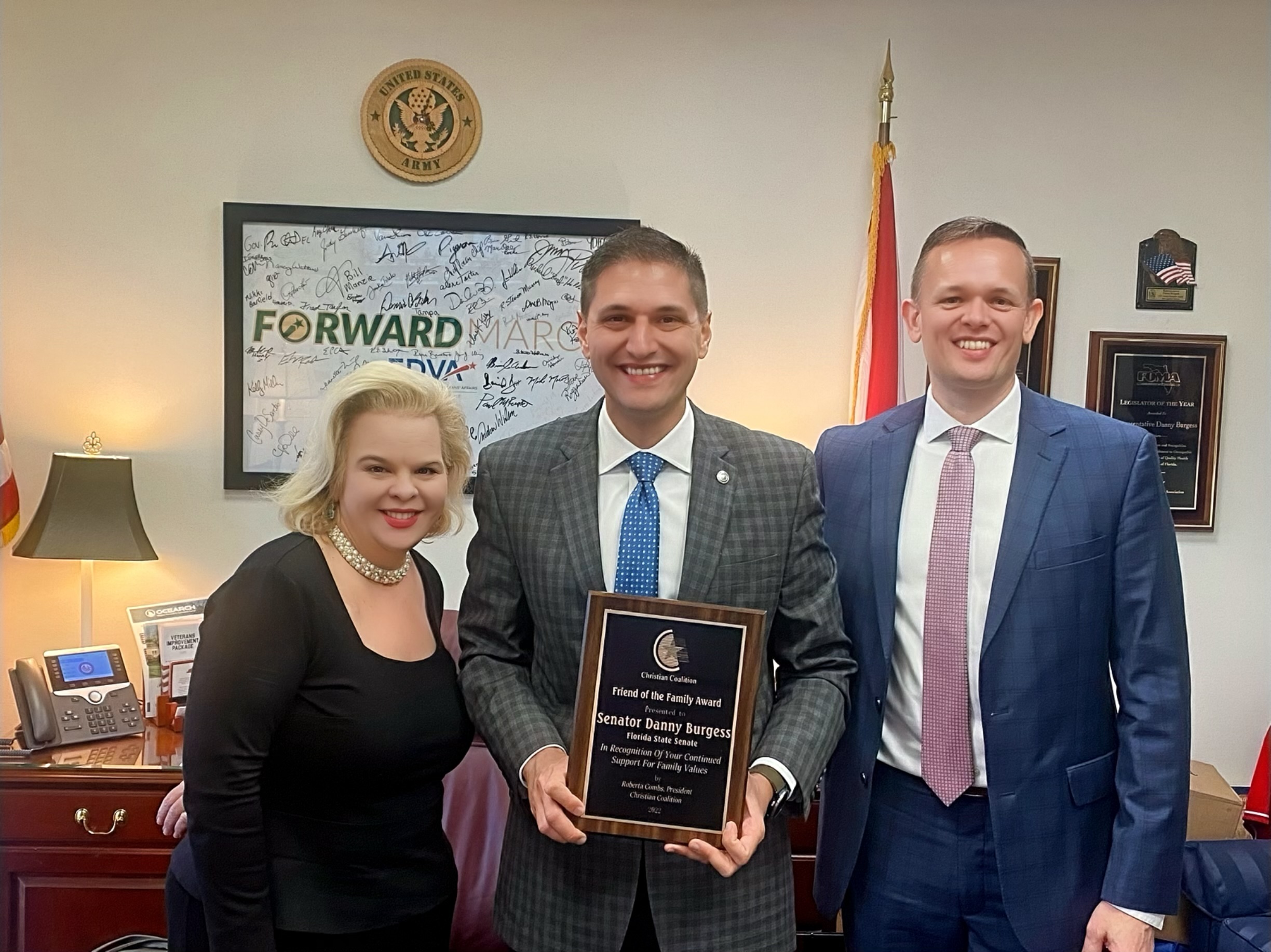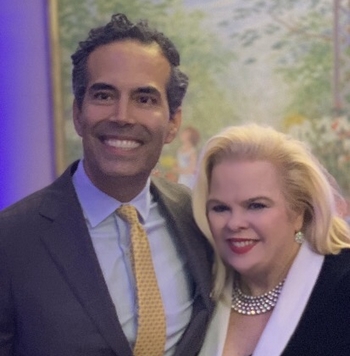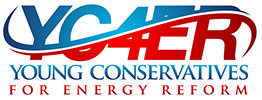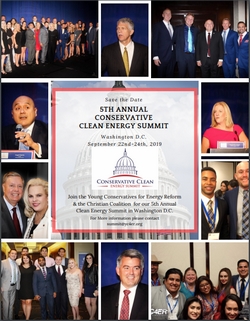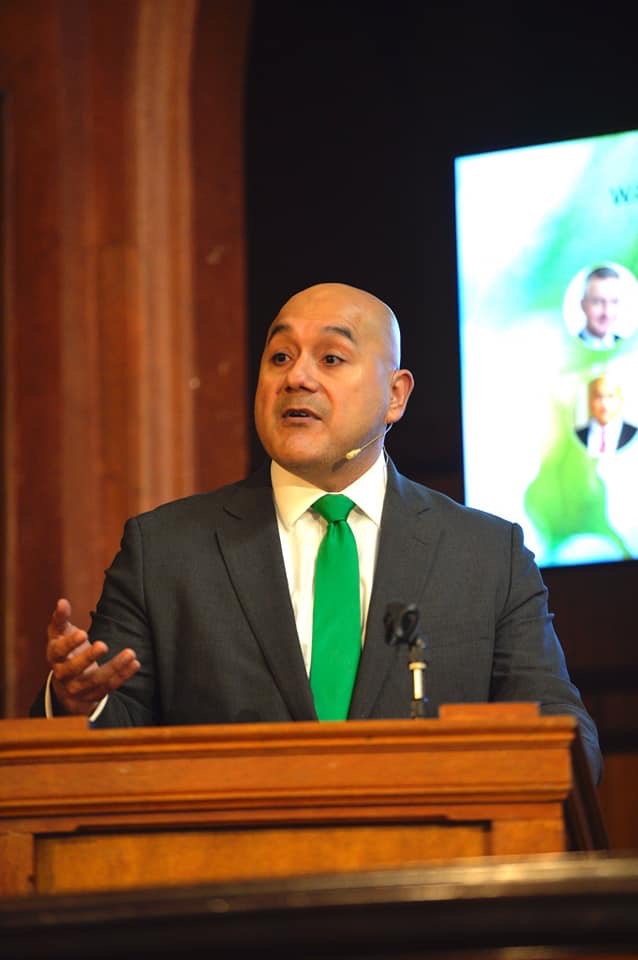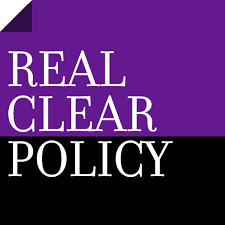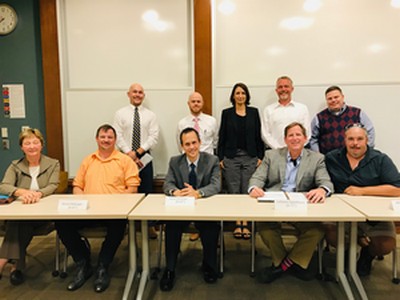By Tom Kiernan, Roberta Combs and Michele Combs
Enough for over 20 million homes. That’s how much electricity can be produced with the amount of wind power now installed in the U.S.
Said another way, American wind turbines now produce as much electricity as 17 typical nuclear power plants or 65 coal plants.
Many Americans don’t realize how much wind power reliably contributes to U.S. energy independence today. And any Republican or Democrat running for election this fall should pay attention to wind’s rapid growth. Especially since recent polling data show that as wind power grows, so does U.S. voter support for it.
Strong voter support for wind wouldn’t be surprising when you consider that by tripling in size over the last several years, American wind power now supports a record-high 88,000 jobs across all 50 states. And the Bureau of Labor Statistics also recently reported that wind turbine technician is the fastest growing profession in the U.S.
Or that wind farms pay $222 million dollars in land lease payments to family farmers and ranchers, many of whom call wind power their new “drought-resistant cash crop.” For example, Richard Wilson, a third generation farmer from Colorado, recently said wind energy is helping to keep the farm in the family: “Financially it’s a huge boost to us. And I know if we didn’t have this wind farm my sons wouldn’t be able to keep this. I might have been able to, but they could not – there’s no question.”
A cleaner energy economy built by growing wind energy benefits both our economy and our health.
U.S. wind farms helped avoid 28 million cars’ worth of carbon emissions last year – that’s equal to more than six percent of all carbon dioxide emissions from U.S. electricity generation in 2015. Wind energy also greatly reduces a variety of health-harming air pollutants, including smog-causing sulfur dioxide (SO2) and nitrogen oxides (NOx). Cutting these helps reduce rates of asthma and other respiratory issues, creating $7.3 billion in avoided health costs last year alone.
However, conventional wisdom says Democrats are typically consistent supporters of clean energy, while Republicans aren’t. That notion actually doesn’t match up with reality.
For example, widely-respected, and reliably conservative, Iowa Sen. Chuck Grassley has shown visionary leadership in creating and advocating for the Production Tax Credit (PTC), a fundamental part of why we have a modern U.S. wind industry today. This performance-based tax incentive is a big reason why the U.S. is number one in the world in wind energy production, and why wind energy is on the path supply 20 percent of U.S. electricity by 2030. It’s also why wind power’s technology has advanced enough to drop costs by two-thirds over just six years, passing billions of dollars in savings on to consumers.
It’s also not widely known that wind power supports well-paying jobs and invests in 75 percent of all Republican districts in the U.S. In fact, Republican-represented districts host 86 percent of the total wind farm fleet in America. As a result, the majority of the economic benefits of growing wind farms – including wind-related jobs, billions of dollars in private investment, and added tax revenue used to improve local infrastructure – widely benefit rural communities with a strong presence of typically Republican voters.
For all these reasons, this is why we’re happy to welcome Sen. Grassley, along with several other Republican Senators, to this month’s Conservative Energy Summit on Sept. 22, here in Washington, D.C. This event, hosted by the Christian Coalition and the Young Conservatives for Clean Energy Reform and co-sponsored by AWEA, brings together hundreds of young Republicans from across the country to rally in support of continuing to build a cleaner energy economy.
Together, the conservative community can work with renewable energy producers to better understand these economic and environmental benefits, while making sure policy and infrastructure needs are being met.
Tom Kiernan is CEO of AWEA, Roberta Combs is president and CEO of the Christian Coalition and Michele Combs is founder and chairman of Young Conservatives for Energy Reform.
http://thehill.com/blogs/congress-blog/energy-environment/295930-wind-energy-a-winning-issue-for-candidates-this-fall
